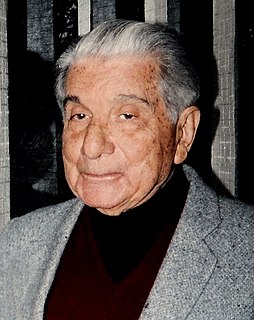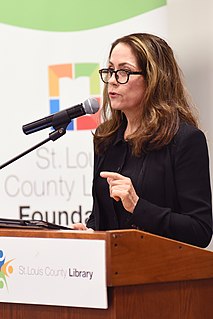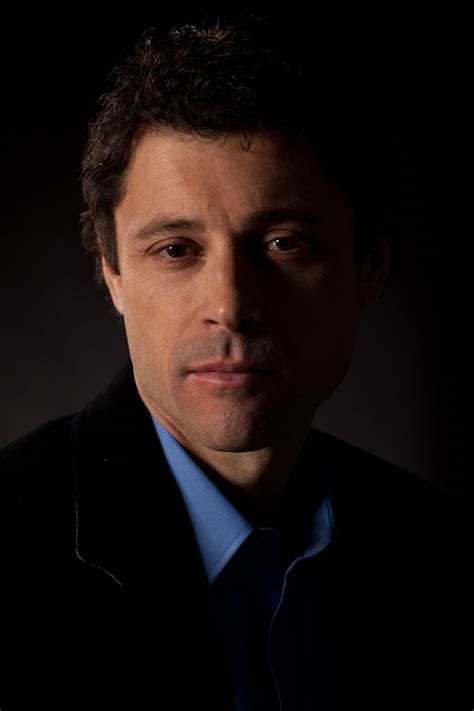A Quote by Augusto Roa Bastos
There were epochs in the history of humanity in which the writer was a sacred person. He wrote the sacred books, universal books, the codes, the epic, the oracles. Sentences inscribed on the walls of the crypts; examples in the portals of the temples. But in those times the writer was not an individual alone; he was the people.
Related Quotes
One wouldn't want to say that what makes a good writer is the number of books that the writer wrote because you could write a whole number of bad books. Books that don't work, mediocre books, or there's a whole bunch of people in the pulp tradition who have done that. They just wrote... and actually they didn't write a whole bunch of books, they just wrote one book many times.
You're all alone when you're a writer. Sometimes you just feel you need a humanity bath. Even a ride on the subway will do that. But it's much more interesting to talk about books. After all, that's what life used to be for writers: they talk books, politics, history, America. Nothing has replaced that.
Books are special, books are the way we talk to generations that have not turned up yet. The fact that we can actually, essentially communicate with the people in ancient Egypt, people in Rome and Greece, people in ancient Britain, people in New York in the 1920s who can communicate to us and change the way we think, and change the things that we believe. I think that books are special. Books are sacred. And I think that when you are selling books, you have to remember that in all the profits and loss, in all of that, you are treading on sacred ground.
The Bible became the book of books, but it is not one document. It is a mystical library of interwoven texts by unknown authors who wrote and edited at different times with widely divergent aims. This sacred work of so many epochs and so many hands contains some facts of provable history, some stories of unprovable myth, some poetry of soaring beauty, and many passages of unintelligible, perhaps coded, perhaps simply mistranslated, mystery. Most of it is written not to recount events but to promote a higher truth—the relationship of one people and their God.
I've heard people ask, What's so sacred about a classic books that you can't change it for the modern child? Nothing is sacred about a classic. What makes a classic is the life that has accrued to it from generation after generation of children. Children give life to these books. Some books which you could hardly bear to read are, for children, classic.
For many people during many centuries, mankind's history before the coming of Christianity was the history of the Jews and what they recounted of the history of others. Both were written down in the books called the Old Testament, [the Torah] the sacred writings of the Jewish people ... They were the first to arrive at an abstract notion of God and to forbid his representation by images. No other people has produced a greater historical impact from such comparatively insignificant origins and resources.
At difficult times of my life, books have been an incredible comfort. When I was 12, I changed schools and my parents split up. It was then that I became addicted to reading. A great writer can attach themselves to your mind and heart, and you feel you understand the world better. As long as you have the capacity to read, you needn't be alone any more. I remember thinking as a child, "If I could give one person the comfort I keep getting from books, then I want to write."
The history of books shows the humblest origin of some of the most valued, wrought as these were out of obscure materials by persons whose names thereafter became illustrious. The thumbed volumes, now so precious to thousands, were compiled from personal experiences and owe their interest to touches of inspiration of which the writer was less author than amanuensis, himself the voiced word of life for all times.
When I first decided I wanted to be a writer, when I was 10, 11 years old, the books that I loved obviously and openly fit that description: They came with maps and glossaries and timelines - books like Lord Of The Rings, Dune, The Chronicles Of Narnia. I imagined that's what being a writer was: You invented a world, and you did it in a very detailed way, and you told stories that were set in that world.







































